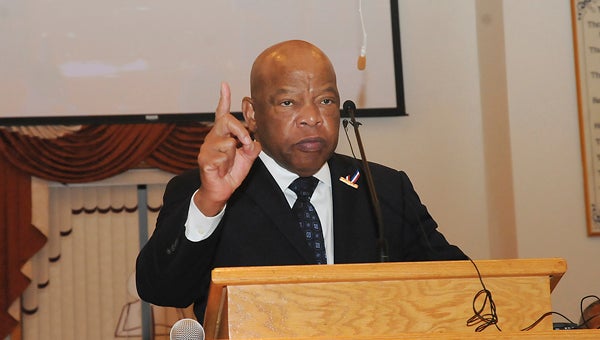Bentley: Optimistic for special session solution
Published 9:24 pm Monday, June 8, 2015
By Kim Chandler | The Associated Press
MONTGOMERY (AP) — Gov. Robert Bentley on Monday said he is optimistic about getting a budget agreement in a special session this summer despite the gridlock that plagued lawmakers this spring.
The governor acknowledged that many lawmakers were frustrated after the regular session ended Thursday without a general fund budget.
“I’m glad they’re frustrated. We’re all frustrated. With frustrations, come solutions,” Bentley said.
Bentley on Thursday night vetoed a budget that would have cut $200 million from state agencies after lawmakers could not agree on taxes or other revenue ideas. Legislators rejected Bentley’s call for $541 million in new taxes.
The GOP-controlled Alabama Legislature on Thursday night approved the pared-down budget, which Bentley immediately vetoed. The House overrode the governor’s veto, but the Senate had already adjourned the session for the year so the action was meaningless.
The governor has not set a timeframe or the special session or decided if he will seek the same tax bills.
However, Bentley said the state’s budget troubles can’t be solved without additional revenue.
The governor said he will begin discussions with legislative leaders this week.
Some lawmakers who opposed Bentley’s tax plan said they would not violate campaign pledges against new taxes.
Asked what it would take those lawmakers to change their minds, Bentley said those legislators had already voted for local tax bills or a bill to let agencies raise fees.
“You can’t be partially pregnant,” Bentley said. “Either you’re going to have to vote for taxes or not vote for taxes. So, if you’ve already voted for taxes, you’ve already done it.”
The lack of a resolution means state agencies are without a spending plan for the fiscal year that begins Oct. 1.
The vetoed $1.6 billion budget would have cut funding to Medicaid, the Department of Human Resources, prisons and the Department of Mental Health by about 5 percent.



